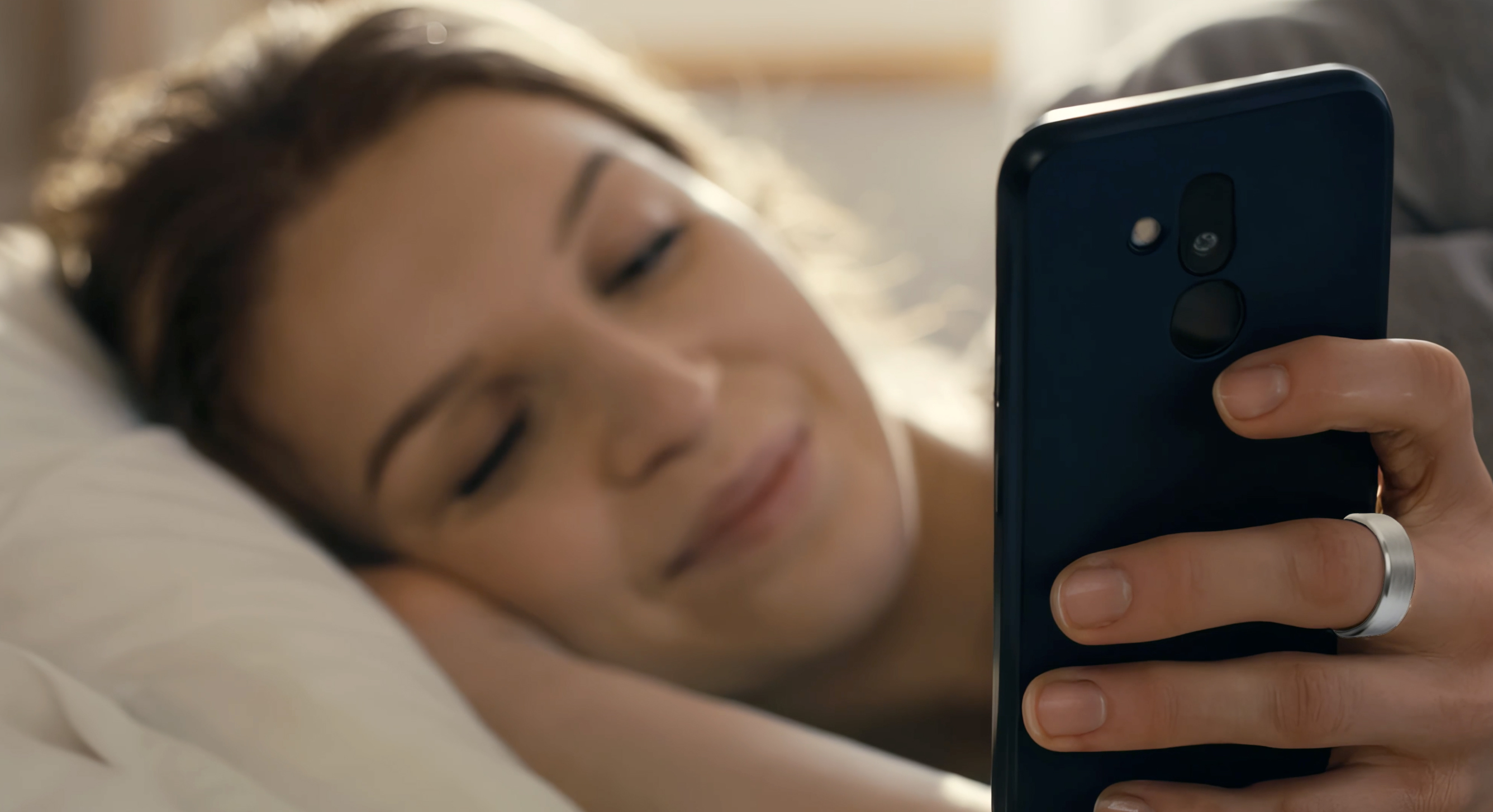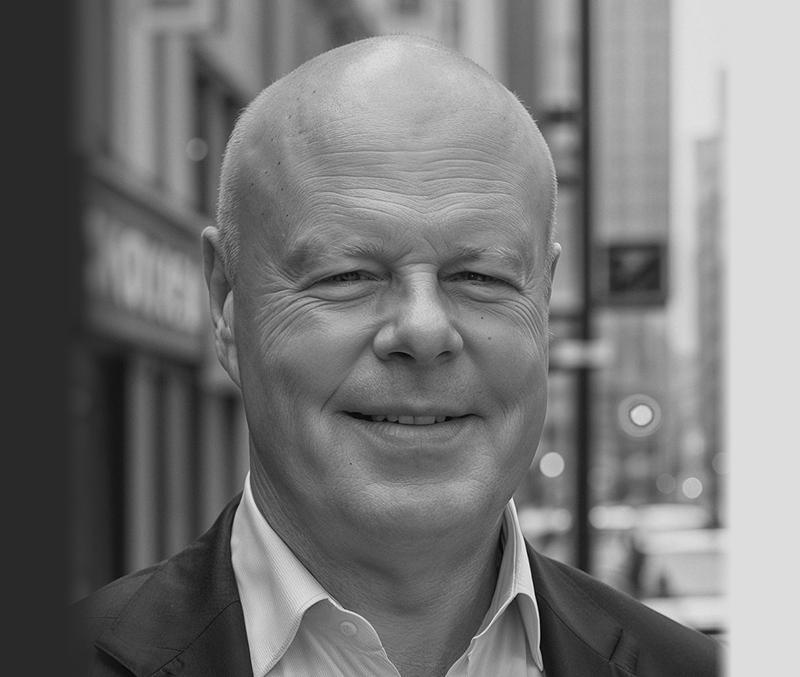It's easy to get caught up in the numbers. A sleep score of 78, a readiness score of 62, heart rate variability down by 5%. But what if the numbers say one thing and you feel another? Should you second-guess yourself?
This is still an understudied area, but early research suggests something interesting: the expectation effect (or even a nocebo response) might be at play. In other words, what you're told about your sleep could influence how you feel – even if you woke up feeling great. A low score might cause your energy and mood to dip, not because you slept badly, but because you think you did. Thanks, sleep tracker!
At Leep, we want to fix this. We believe that sleep tracking should support you, not stress you out. Because yes, data can be powerful. But it's how you feel that matters most.
The truth that other wearable companies don't shout about the same way we do is that no device (not even ours) can fully measure your lived experience. Your body is giving you signals all the time. The question is: are you listening?
Your body > your score
Sleep scores are summaries. We like to think of them as useful snapshots, but they're not the full picture.
Sometimes, you might feel groggy after a solid, coveted 8 hours. You might feel sharp after six. That doesn't mean the data is wrong, but it does mean it needs context.
There are so many factors that affect your day-to-day energy: nutrition, hormones, light exposure, stress, caffeine, movement… the list could go on and on. A tracker or smart ring can't read everything (at least not yet). That's why your own self-awareness is so valuable.
Of course, tuning into your body is easier said than done. Especially if you're stressed, burned out, or struggling mentally or physically in any way. But when in doubt, do whatever you can to check in with yourself – not just your app. Your lived experience is the most advanced "tracker" you'll ever have.
Leep is built for real life, not perfection
We didn't build Leep to give you an A+ in sleep. We built it to help you understand what's happening in your body, in a way that feels helpful, not heavy.
That's why the Leep ring gives you just the right amount of insight. You'll see your trends and be able to spot the patterns. But you won't get 12 different charts to decode before your morning coffee.
We want to make sleep data feel easy, no-nonsense, and genuinely helpful. Something that slots into your real, messy, brilliant life – not something you have to bend yourself around.
Why chasing perfect can backfire
Studies show that the pursuit of perfect sleep can do the opposite of what it's supposed to. It can make you anxious, keep you up at night, and turn rest into a job.
That's not how sleep is supposed to work. And that's not how Leep works. Instead, we believe in progress, not perfection. Awareness, not obsession. Sleep tracking, done right, should help you build a rhythm that supports you – not rule your life.
Let your body lead
Want to build better sleep habits? Start by noticing how you actually feel. Did you wake up feeling refreshed? Are you clear-headed by lunchtime? Or do you feel foggy, flat, drained?
That's real insight and what smart data should support.
The best kind of sleep tracking helps you see the bigger picture: when you tend to sleep well, what helps or hinders that and how to work with your body instead of against it.
Because when you stop chasing the numbers and start listening to your body, that's when the real rest begins.


